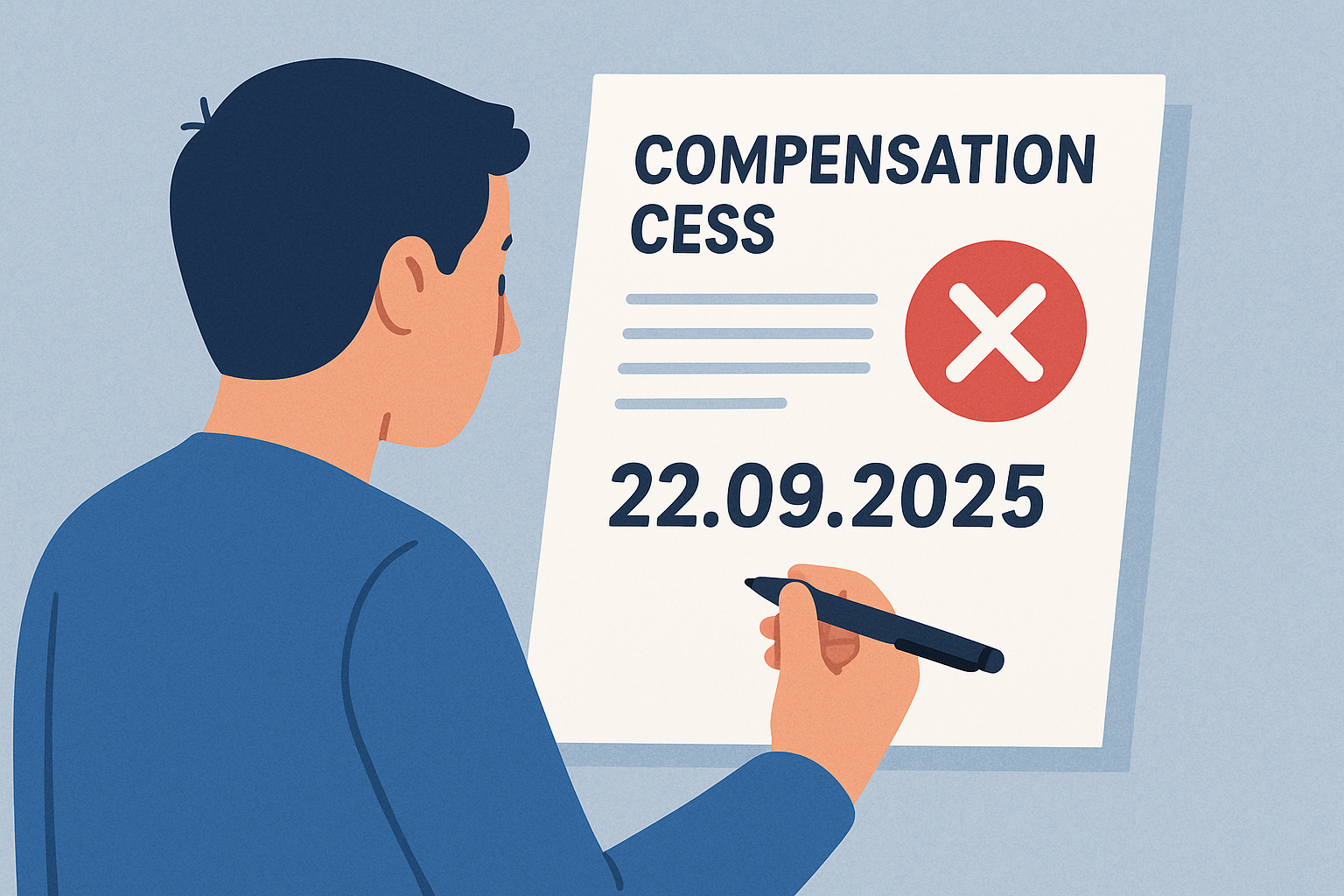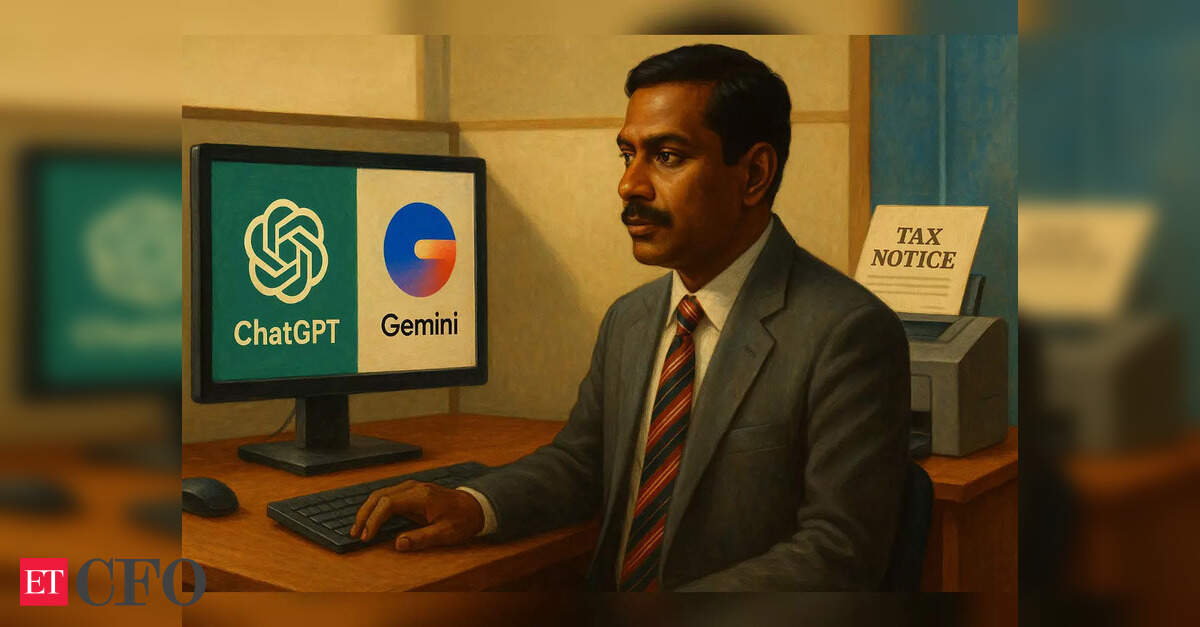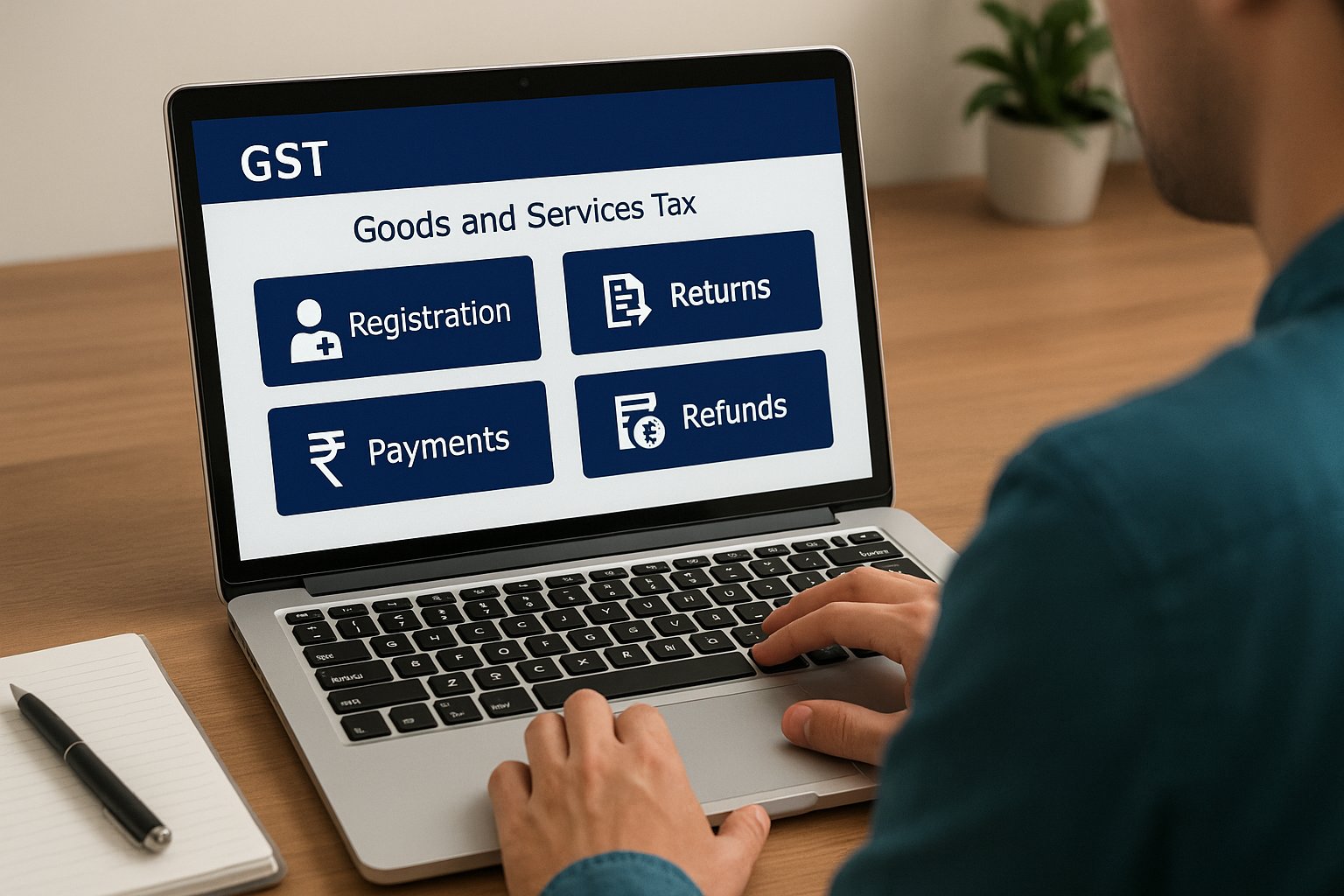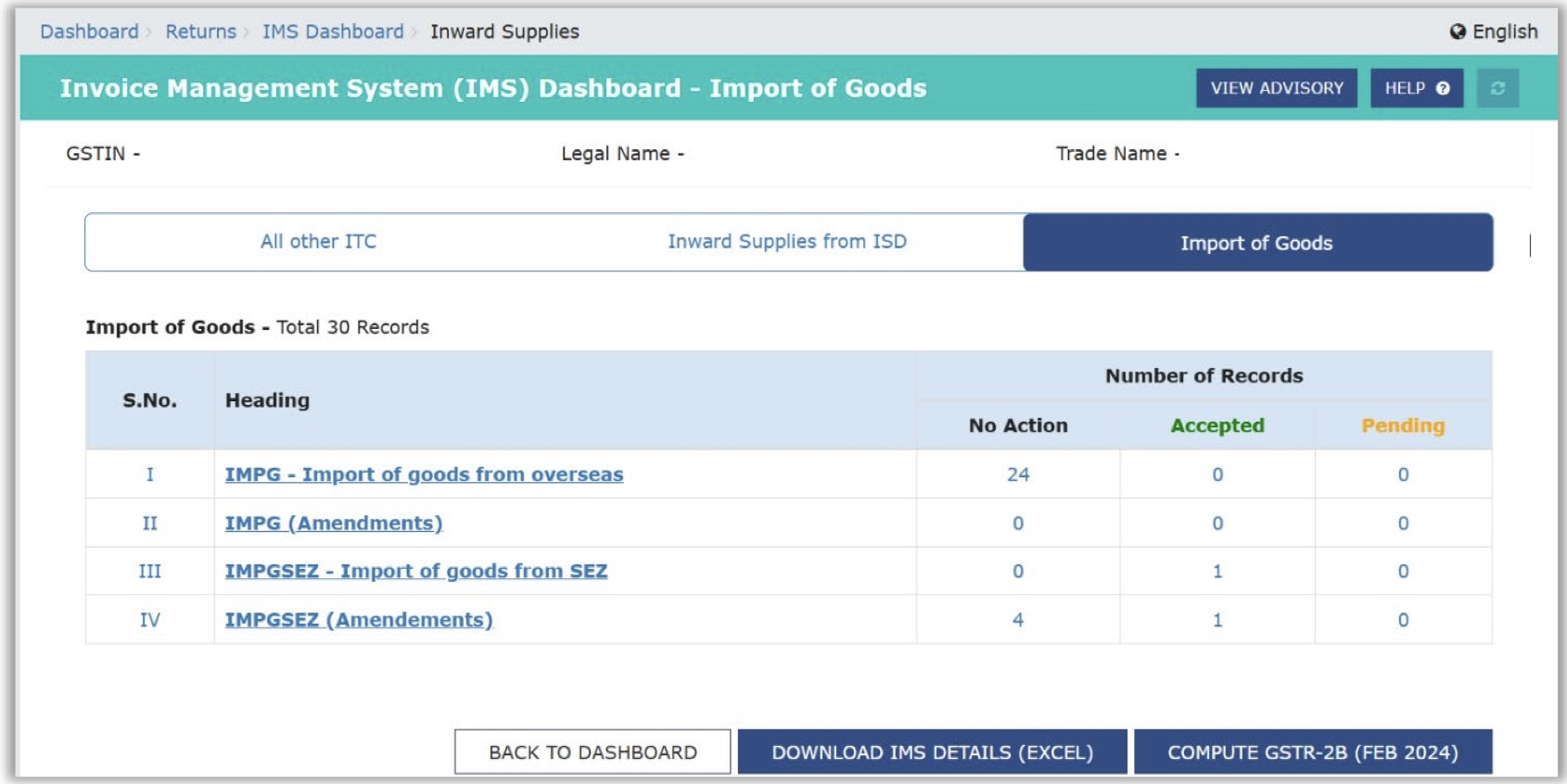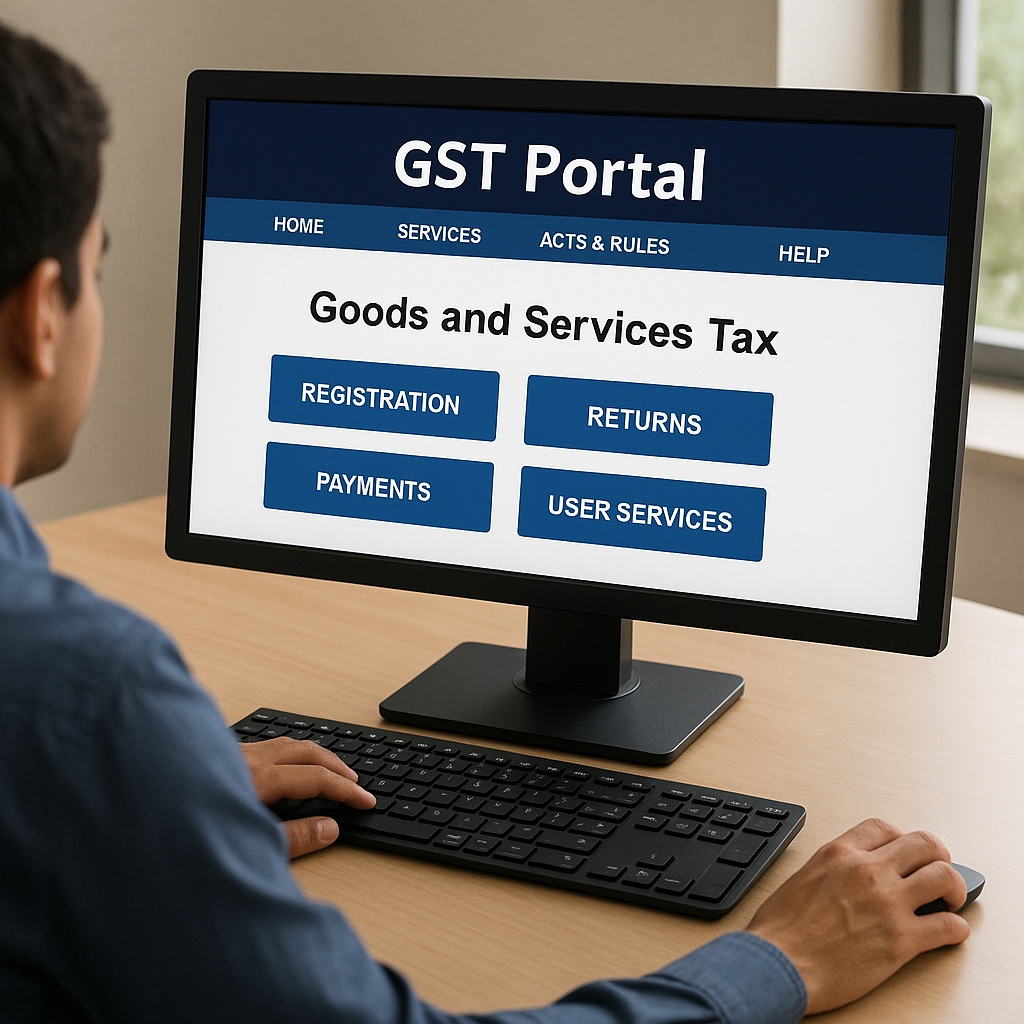- From 22nd September 2025, compensation cess is removed for most goods under GST 2.0.
- Exception: Tobacco and tobacco-related products (cigarettes, pan masala, gutkha, chewing tobacco, bidi) will continue to attract compensation cess until outstanding GST compensation loans and interest are fully repaid.
- For consumers, this means many goods may become cheaper. For businesses, it raises issues like unutilised cess credits and treatment of old inventory.
Background — Why Compensation Cess Was Introduced
When GST was implemented in 2017, states were worried about revenue losses. To compensate them, the central government introduced compensation cess on certain goods, mostly luxury and sin products. The cess collected was used to pay states for their revenue shortfall. Over time, loans were also taken against this cess fund.
What the Government Decided
- The GST Council simplified slabs under GST 2.0. As part of this, compensation cess is discontinued for most goods from 22nd September 2025.
- Only tobacco-related products will continue to attract compensation cess until the loans and interest obligations of the cess account are cleared.
Items Where Compensation Cess is Removed
Compensation cess is removed for almost all goods. Examples include:
- Consumer electronics and appliances
- Automobiles and vehicles (moved under new GST slabs)
- Coal and other raw materials where cess earlier applied
If an item’s new GST rate is notified without cess, it means the cess is no longer applicable.
Items Still Attracting Compensation Cess
- Cigarettes
- Pan masala
- Gutkha
- Chewing tobacco (like zarda)
- Unmanufactured tobacco and bidi
These will continue under the existing GST + cess structure until the government clears all dues under the compensation cess account.
Practical Issues for Businesses
1. Unutilised Cess Credits
Many businesses, especially automobile dealers, have accumulated cess credit balances. With the cess removed, there’s no future liability to adjust these credits. Unless the government allows refunds or special transition rules, these credits could lapse, causing big financial losses.
2. Old Inventory
Dealers holding stock purchased under old GST + cess rates may not be able to recover the cess already paid on those goods. This could mean a cash-flow loss and may force discounting or write-offs.
3. Consumer Pricing
While tax on many items is reduced, the final benefit depends on whether businesses pass on the reduction. Companies may need to revise MRP using stickers or new packaging, and compliance will be checked by the Legal Metrology Department.
4. Tobacco Exception
Consumers buying cigarettes, pan masala, or tobacco products will not see any relief, as these continue to attract cess until the cess account loans are repaid.
FAQs
Q1 — From which date is compensation cess removed?
22nd September 2025, except for tobacco products.
Q2 — Will prices come down automatically?
Not necessarily. It depends on how quickly businesses update MRP and whether they pass on the tax cut to consumers.
Q3 — What about existing compensation cess credits?
Unclear. Businesses are demanding refunds or transitional provisions. Until notified, credits may remain blocked.
Q4 — Why are tobacco products excluded?
Because large loans and interest payments were taken against cess collections. Until those are repaid, cess will continue on tobacco.
Q5 — What about old stock?
Old stock purchased under higher tax + cess may need MRP revisions through stickers or re-labeling. Businesses must follow official rules for compliance.
What Businesses & Consumers Should Do
Businesses:
- Reconcile cess credit balances and plan for possible losses.
- Review inventory and pricing strategies.
- Watch for official notifications on transition rules.
- Communicate MRP changes transparently to customers.
Consumers:
- Expect lower prices on many goods after cess removal, but benefits may take time to reflect.
- No relief for tobacco-related products.
The removal of compensation cess for most goods is a major simplification of GST and a relief for consumers. However, businesses face short-term challenges due to unutilised credits and old inventory. Until the government issues detailed transition rules, taxpayers should carefully track notifications and plan ahead.
Visit www.cagurujiclasses.com for practical courses
